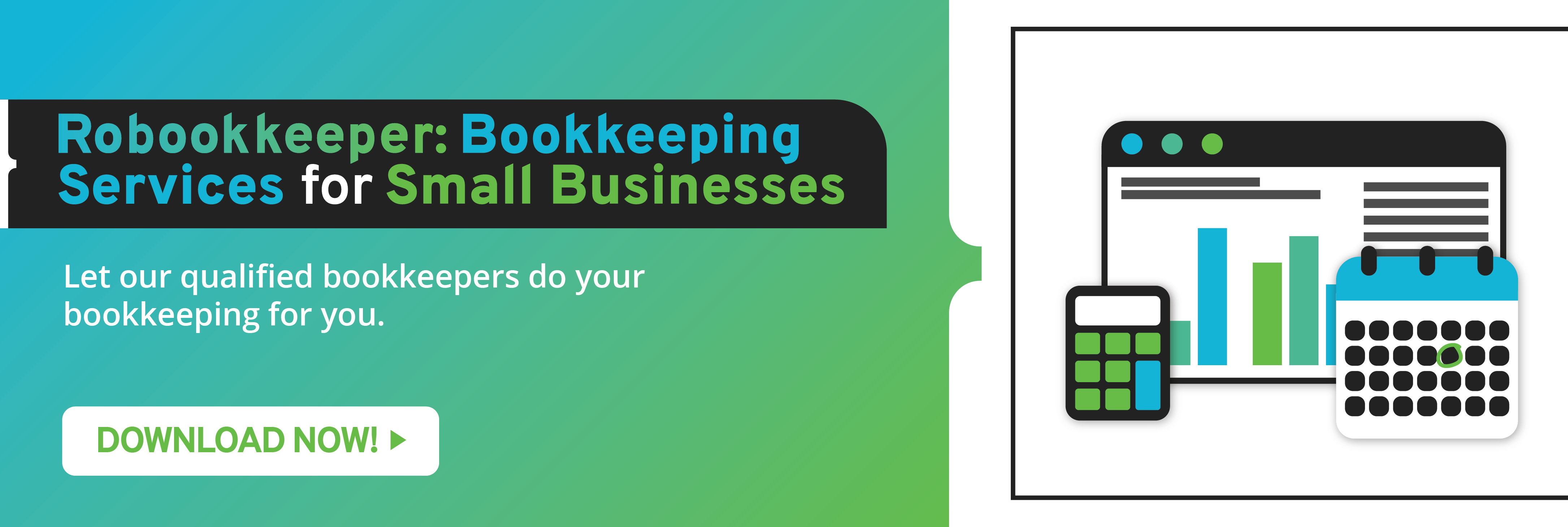Your small business needs cash to keep it operational, pay for immediate dues, make plans for the future, develop new products or services, and market your brand to customers. Without or too little of it, you might rely on debt. Heavy reliance on credit increases your risk and may lead to business failure.
Many small business owners fail because they lack knowledge in handling money. They don’t have enough working capital and cash to meet the needs of operations. They also fail to collect receivables on time, which leads to low cash on hand.
How to Maintain Cash Flow in a Small Business
Some small businesses generate revenue but fail to manage their cash flow properly. This leads to late payments and delayed salaries. This may lead to poor employee performance, penalties and cash shortage to pay for immediate dues.
Various factors affect cash flow, these include:
- Operations
- Investments
- Financing
The way you manage those three will either have a positive or negative effect on your small business’ cash flow.
Improve collection of accounts receivables. Implement rules about late payments and establish a timeline. Assess the creditworthiness of a customer before giving them a line of credit. Try to renegotiate the terms of payment with suppliers. Move inventory as fast as possible so they don’t accumulate in your store or warehouse. Too much inventory ties up money you could’ve used elsewhere.
Why is Cash Important?
Cash is an important factor that can determine the success or failure of your small business. Having enough of it allows you to settle dues daily, weekly and monthly. It provides you with the financial flexibility to make plans for the future growth of your company. It allows you to purchase high-quality equipment and upgrades to boost business efficiency. In short, you have more options for growth, expansion and investment, if you know how to maintain cash flow in a small business.
Find a Balance
Learn how to find a balance because too much or too little cash may be detrimental to your small business. Cash is for paying debts but is also for reinvesting in the growth of your company. Your business may stagnate if you hold onto too much cash. Identify investments that can allow your company to grow and develop the skills of employees.
If you need assistance with updating your accounting books, feel free to browse our bookkeeping services for small business owners. We at Robookkeeper offer competitive rates and high-quality services.



